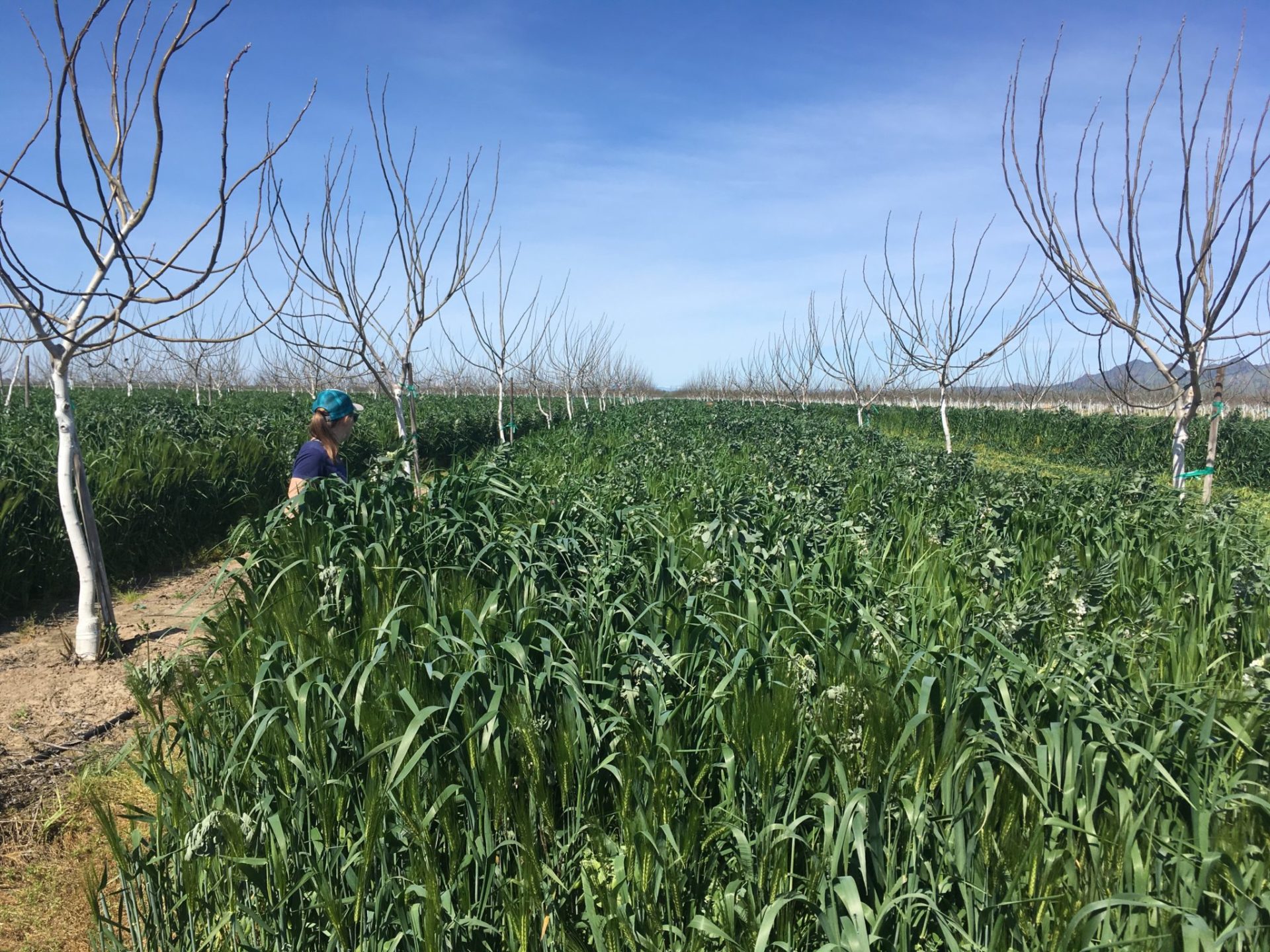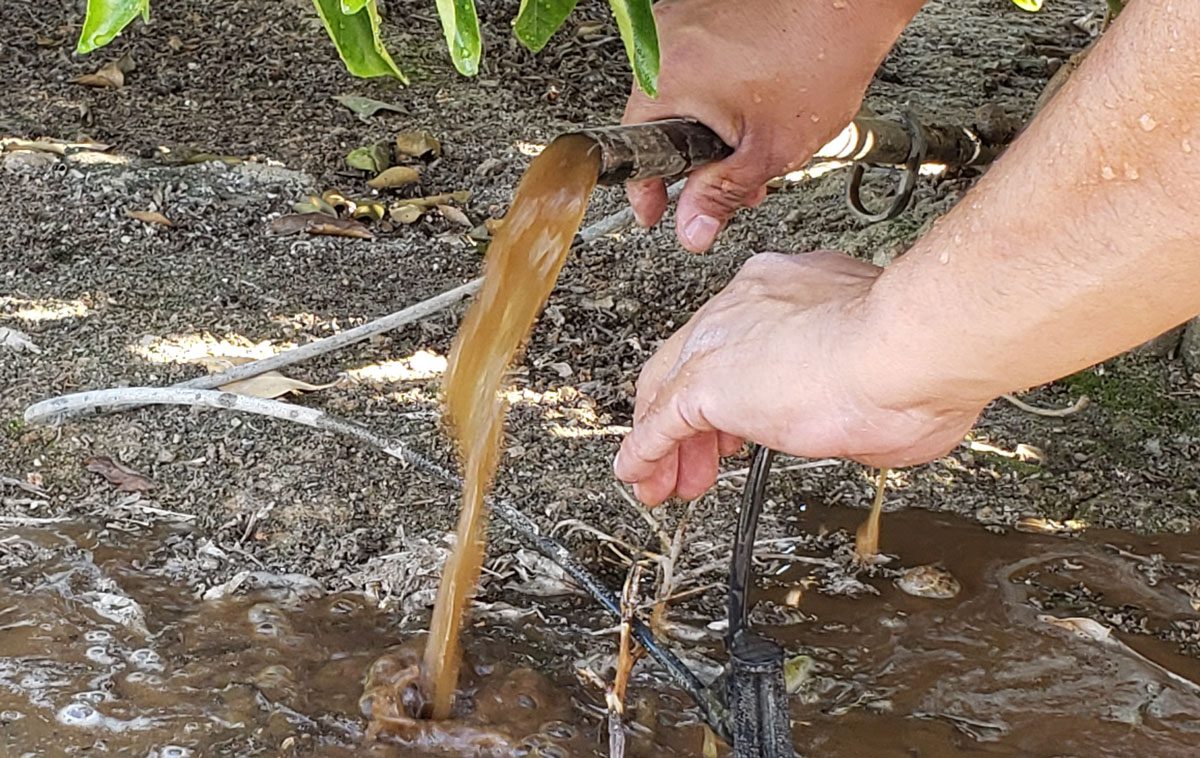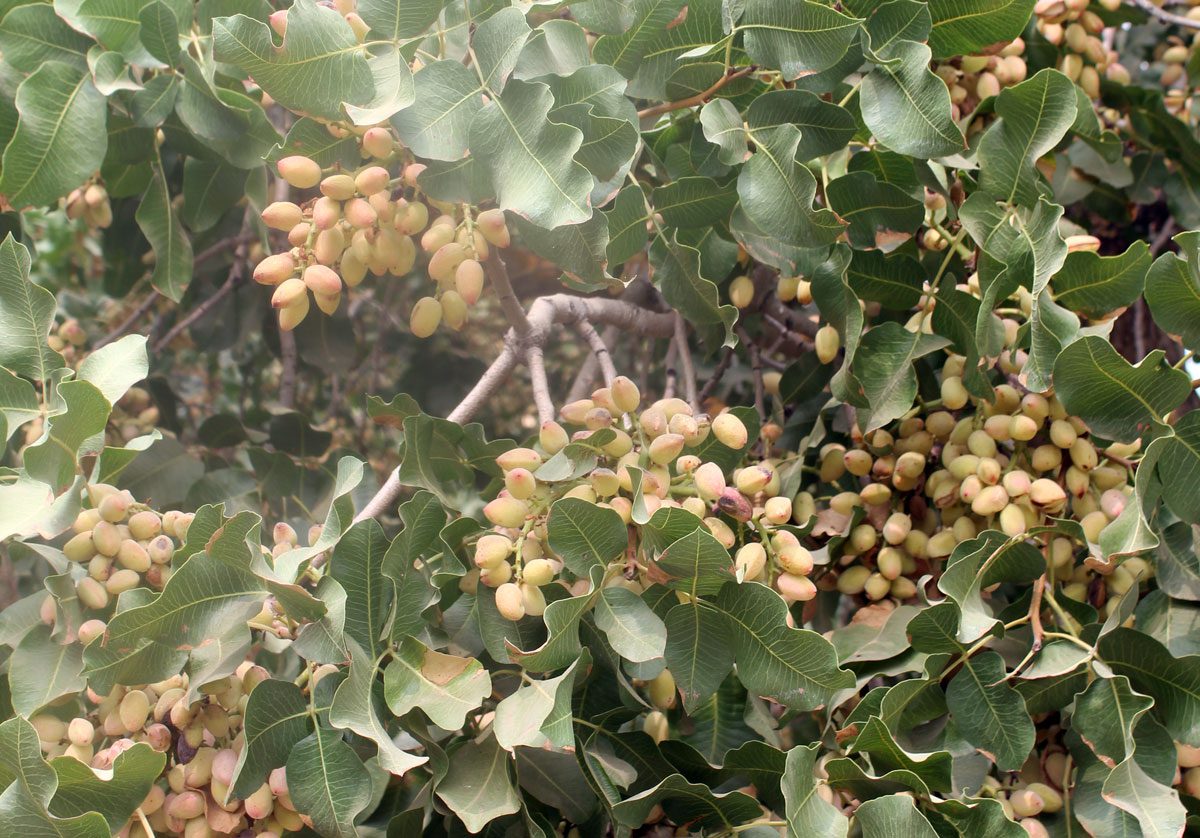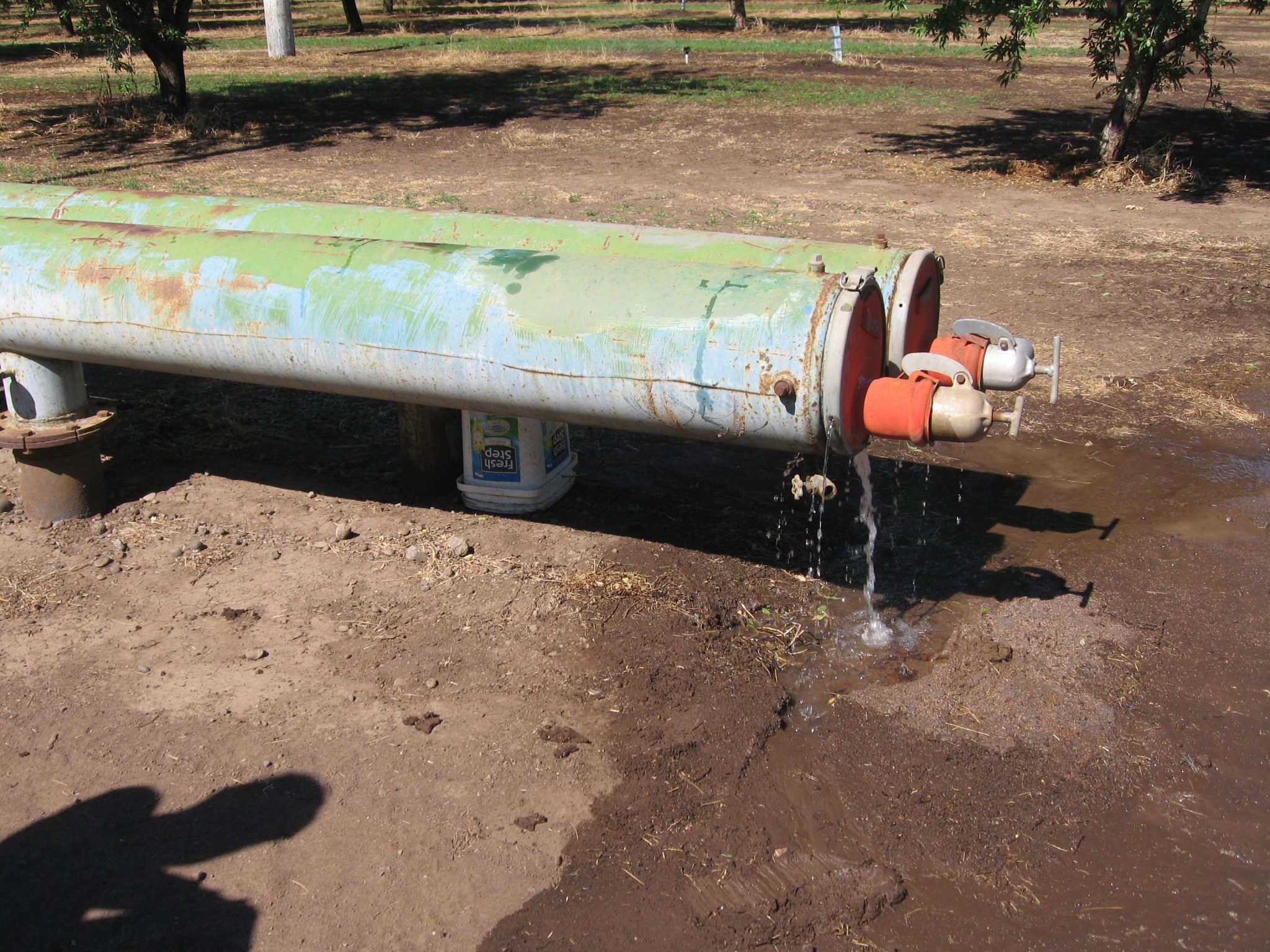
Providing walnut growers and pest control advisors with a better understanding of lower risk pest management strategies and the economic costs and benefits of those practices is the goal of a project in California Department of Food and Agriculture’s Biologically Integrated Farming Systems grant program.
The three-year study was awarded $1 million to promote and expand the use of low risk pest control practices in California walnuts in the Sacramento and San Joaquin Valley.
The project team will include Community Alliance with Family Farmers, UCCE Integrated Pest Management advisor Jhalendra Rijal and the California Walnut Board.
Project manager Sara Tiffany of CAFF said that pest management strategies include use of pheromone mating disruption for codling moth and navel orangeworm. Biological control of spider mites will include release of predatory mites and planting cover crops to attract natural enemies. These pests have been controlled in the past by broad spectrum insecticides, some of which are no longer in use in California. Tiffany said that given the trend of increasing regulations and restriction of pesticides in California, the project will help growers and PCAs find alternative pest control strategies.
The project will take place on six 40-acre demonstration sites where pheromone mating disruption and biological control programs will be used to manage major walnut insect pests. Tiffany said not all the sites have been chosen for the project, but the team anticipates that most will be conventionally managed walnut orchards. Sites will be chosen based on location, grower interest and suitability for research and demonstration protocols.
Biologically integrated farming encourages particular existing biological relationships within a farm system to reduce or avoid negative impacts by farm operations on habitat, natural resources and communities according to UC’s Sustainable Agriculture Research and Education Program. The original BIFS program under CDFA was focused on farmer to farmer information exchange and on-farm demonstrations of integrated farming practices. It was a CAFF project from 1995 to 2010 when it transitioned to a grant program administered by SAREP using state and federal funds. The new program was placed under CDFA’s Office of Pesticide Consultation and Analysis budget to assist growers in moving away from chlorpyrifos use.
A review committee of USDA, UC and CSU scientists, state government scientists and a non-profit environmental advocacy organization along with a private pest control advisor reviewed a number of proposals for the grant funding and made the award recommendation to CDFA.











